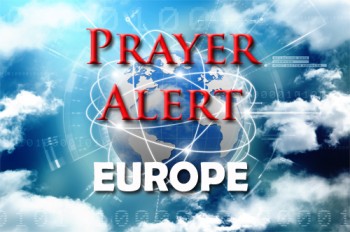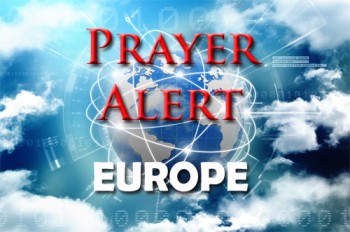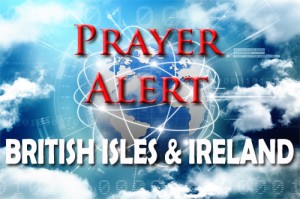Displaying items by tag: independence
Papua New Guinea: Bougainville’s desire for independence stalled
Five years after Bougainville’s decisive vote for independence from Papua New Guinea (PNG), frustrations are growing due to the stalled political process. Over 97% of the autonomous region’s approximately 300,000 residents voted for independence in a 2019 referendum. However, the change requires ratification by PNG’s parliament, which has not yet occurred. Talks broke down last year over disagreements on the ratification process; Bougainville wants a simple majority vote, while PNG insists on a two-thirds majority. Both parties have agreed on an international moderator, but progress remains slow. Bougainville’s president Ishmael Toroama is pressing PNG to fulfil its promises, as residents express deep frustration over the delays. Bougainville has long sought independence, especially following protests against the environmental and social impacts of a copper mine and the subsequent civil war from 1989 to 1998. A 2001 peace agreement led to autonomous governance in 2005 and then to the referendum.
China calls for unification with Taiwan
Just days after 150 Chinese military jets conducted drills close to Taiwan, escalating tensions between the two sides, President Xi Jinping spoke at an event to commemorate 110 years since the revolution that overthrew China’s last imperial dynasty. He said, ‘Compatriots on both sides of the Taiwan Strait should stand on the right side of history and join hands to achieve China’s complete unification. The historic mission of achieving the complete unification of our country must be, and can be, realised.’ However, Taiwan’s defence minister said that military tensions with Beijing were at their worst point in more than four decades. China claims that Taiwan is part of its sovereign territory, in the same way as Hong Kong, and threatens to take control by force. Taiwan has its own elected government and constitution, maintaining that it will defend its democracy and independence.
Spain: pre-election protests
On 10 November Spain will have its fourth general election in four years. The Socialists received the most votes in April’s election, with Catalan separatist parties increasing their number of MPs. Since then, the supreme court has sentenced nine pro-independence politicians and civic leaders to a total of 100 years in prison. These sentences brought thousands of Catalonians onto the streets of many cities, and further violent clashes by far-right counter-protesters. Petrol bombs, blazing barricades, and vandalised buildings are new for Catalan’s pacifist independence movement, but the graffiti on a Barcelona wall read, ‘You have shown us that being peaceful is useless’. Hundreds have been injured in confrontations with security forces. The latest event was a ‘clean protest’ when protesters put detergent in a fountain, as a message to ‘clean up the mess from Spain’. One protester said demonstrations would continue until all the political prisoners were freed. See
Spain: conflict in Catalonia
Catalonia is a semi-autonomous region in north-east Spain whose history dates back almost a thousand years. The wealthy region has 7.5 million people, with their own language, parliament, flag, anthem, and police force. It also controls some of its own public services. Catalan nationalists have long complained that their region sends too much money to poorer parts of Spain, as taxes are controlled by Madrid. Last October about 90% of Catalan voters backed independence, in a turnout of 43%. Recently Spanish police arrested 9 Catalan independence activists in Barcelona. They face charges of rebellion, terrorism and possession of explosives used in bomb-making. They are associated with the Committees for the Defence of the Republic (CDR), a network of radical groups that advocates direct action to secure independence from Spain. CDR has previously blocked major roads and railway lines. Police believe the activists plan to carry out sabotage and violent attacks on the anniversary of the referendum on independence.
Scotland’s unprecedented times and division (continued)
MSPs snubbed calls to terminate their debate on independence after the terrorist attack at Westminster. At 3.30pm Conservative MSP Murdo Fraser asked for the debate to be suspended, prompting groans from the SNP benches. His request was turned down by deputy presiding officer Linda Fabiani, who said MSPs must carry on with ‘business as usual’. An hour and 20 minutes after news of the attack emerged, presiding officer Ken Macintosh finally announced a close to the debate ‘because the events were affecting the contribution of members’ (MSPs were watching Westminster events unfold on their devices). When this happened, environment secretary Roseanna Cunningham said it was a ‘disgrace’ that Scottish business was being suspended, allegedly adding, ‘This is because you didn’t want to talk about independence.’ For a moment it looked as if something quite serious was going to kick off between the two opposing positions on the vote, but fortunately it didn’t.




